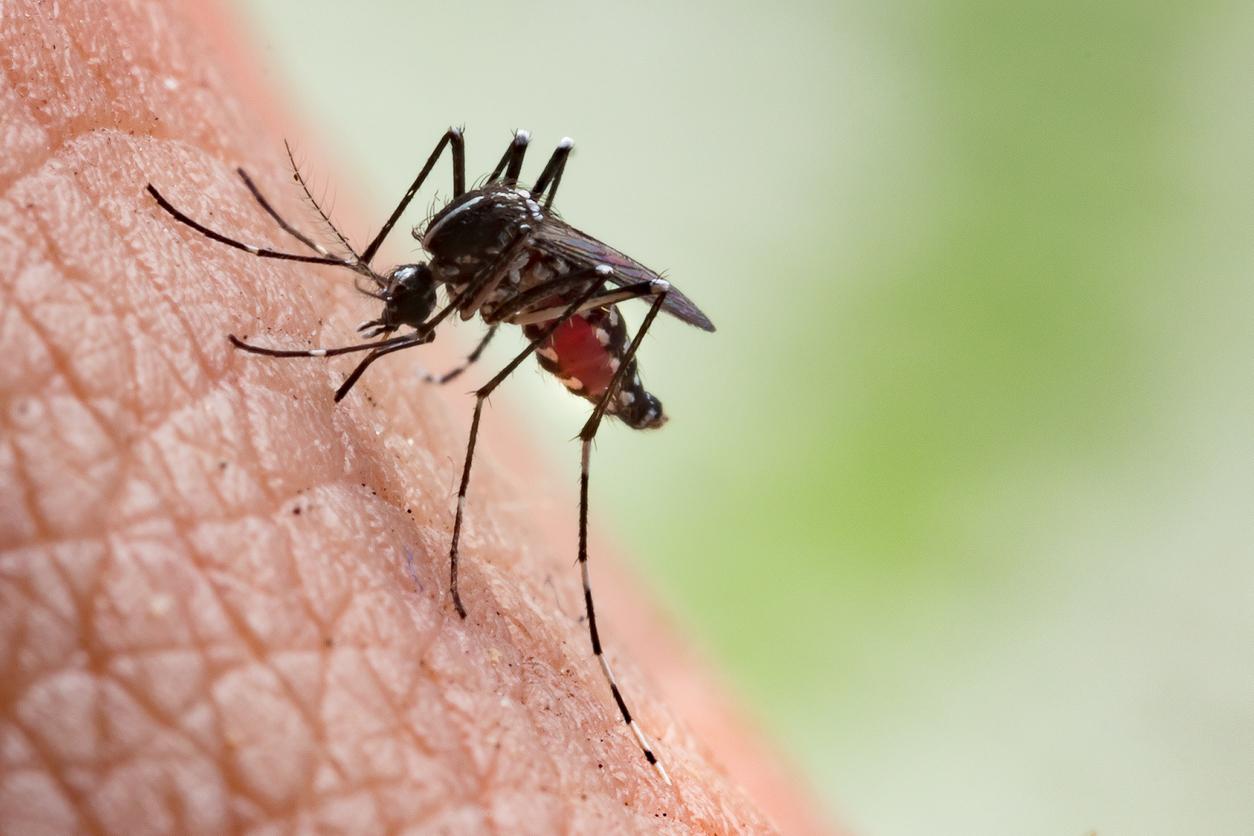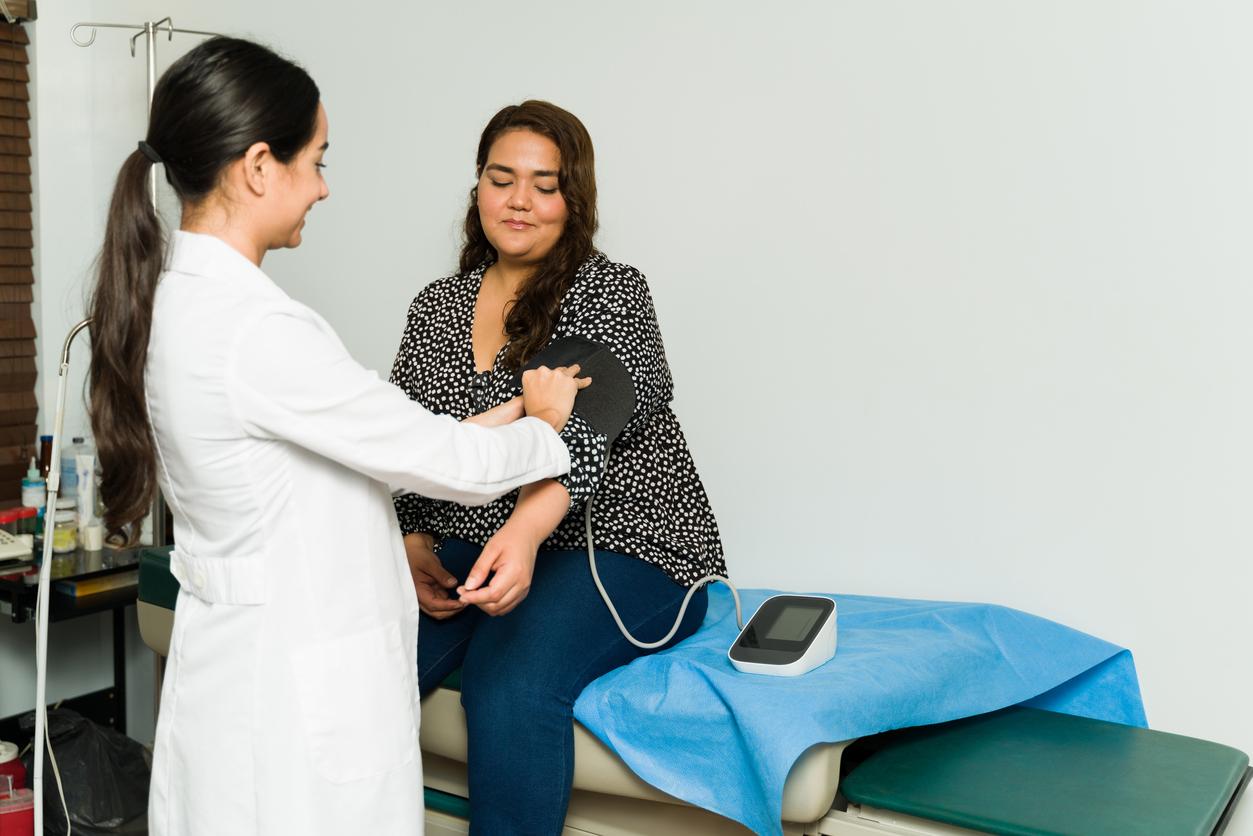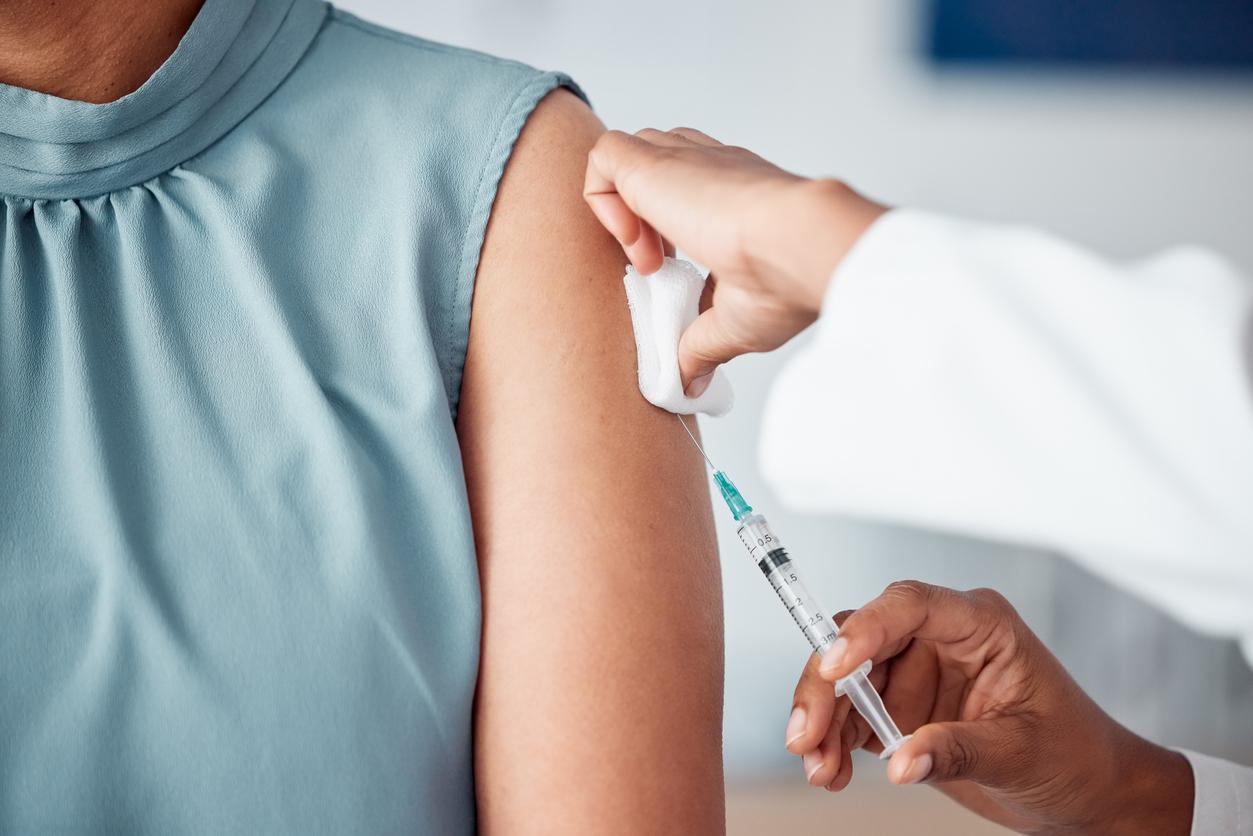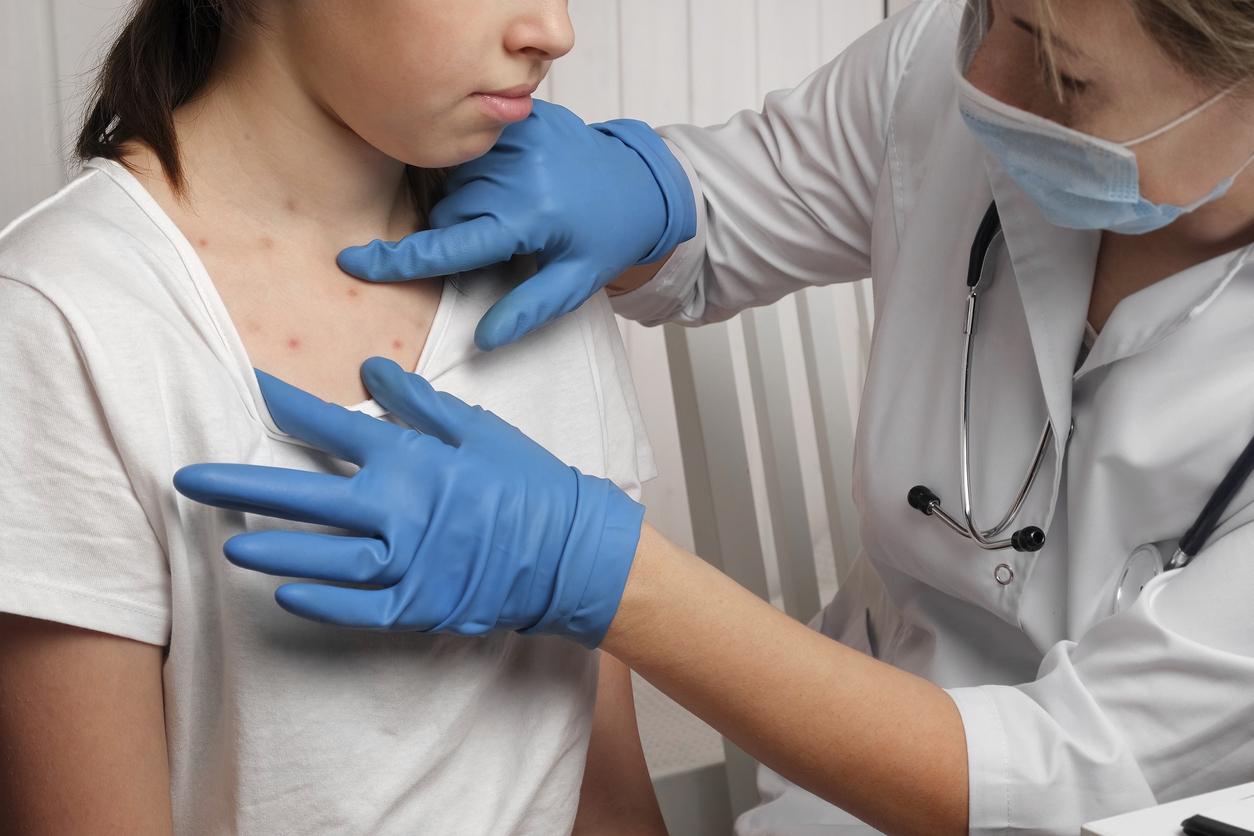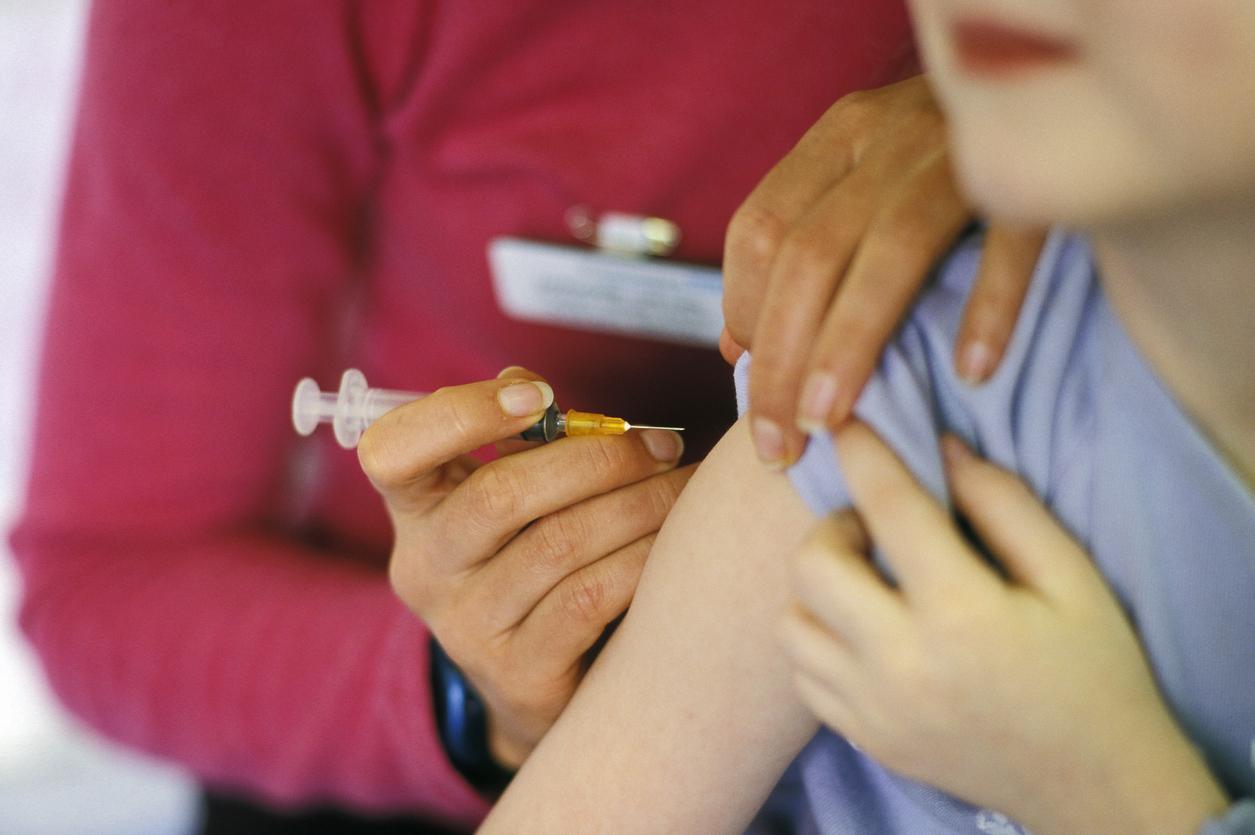For more than six months, the United States has experienced an upsurge in measles, in part due to a drop in vaccination. There are thus three times more cases of measles in the territory in 2014 compared to 2013.
To deal with this phenomenon, researchers at the University of California Los Angeles tried to find out what was the best method to convince parents of anti-vaccines of the merits of vaccination.
The study published in the journal Proceedings of the National Academy of Sciences, set out to define what was the best approach to convince parents anti-vaccines. It was based on two approaches: one aimed to remind people that measles could be dangerous or even fatal, the other demonstrated how the MMR vaccine (measles, mumps, rubella) was safe and effective.
The researchers then assembled 315 adult participants. Among them, a third was in favor of vaccination, while the remaining two thirds were rather suspicious or even completely against (10%). All of these participants were then divided into three groups, the pros and cons mixed. The first group had to read documents from the Center for Disease Control and Prevention (CDC) stating that the MMR vaccine was effective and safe for the child, and that no link between autism and measles vaccination was scientifically proven. . The second group was asked to read materials explaining the dangers of measles, mumps and rubella. They also stated that the vaccine was the best way to fight against these diseases potentially serious. Finally, the people of the third group (the control group), only read documents about the feeding of birds.
In the end, the researchers found that among the most suspicious, only those in group 2, having read documents on the dangers of diseases became less skeptical of the vaccination. Conversely, the suspicious group 1, having read CDC documents on the safety of the vaccine did not change their attitude at all.
“This study shows that highlighting factual information about the dangers of communicable diseases can have a positive impact on people’s attitudes towards vaccination,” conclude the authors, quoted by Relaxnews.
In France, the same anti-vaccine phenomenon is starting to emerge, even if the majority of French people remain in favor. According to figures put forward by the French Institute for Public Health Surveillance, nearly 23,500 cases of measles were identified in France between January 1, 2008 and May 31, 2015.
Read also :
United States: measles epidemic revives vaccine debate
Autism: no link to the measles vaccine
A resurgence of measles worries the French Institute for Public Health Surveillance



